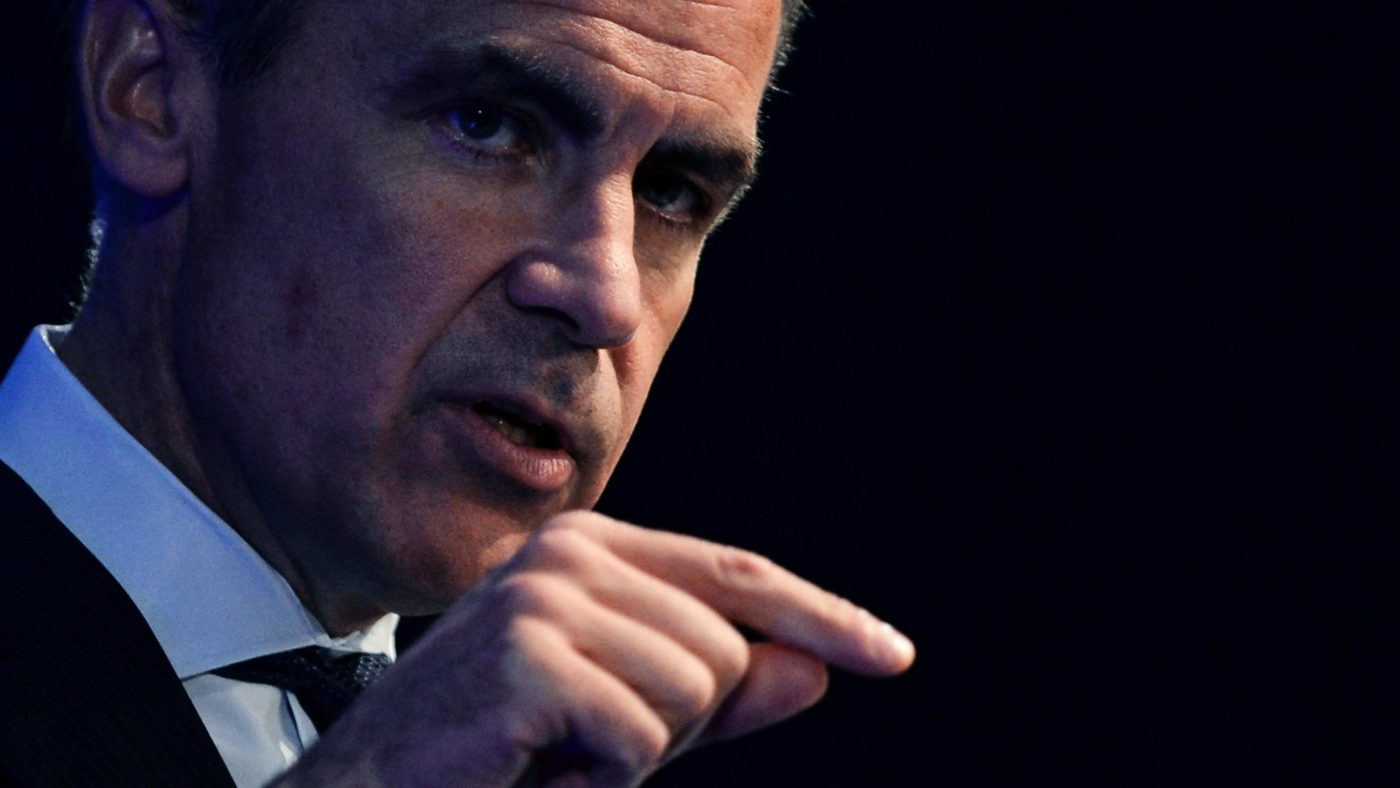There is no doubt that loose money and indebtedness is a global disease and an existential threat to the continued growth and prosperity of the global economy. With indebtedness now thought to be running at more than three times global GDP, this appears to be an unsustainable situation – unless we are borrowing from Martians. And even then we would have to have something Martians want to offset the imbalance.
This sorry state of affairs has been exacerbated by Quantitative Easing and low interest rates, which have fed the beast. One can certainly point the finger at greedy global capital: those who benefit from inflated asset prices and a merry-go-round of credit, asset stripping and deals, not least the City and its global equivalents.
In other words, the monetary status quo suits some very well. The same is true of Britain’s membership of the EU, which explains the continued resistance to Brexit. As Milton Friedman once said, “never underestimate the power of the status quo”.
To paraphrase another great economist, John Maynard Keynes, when the facts change one should change ones mind. One of the problems with political and economic doctrine is that it may be true for a while but rarely keeps up with events. This is partly driven by the power of vested interests and the lack of a priori thinking on the part of policy makers, who are more comfortable and believe they look wiser when they follow received wisdom. What is right at one point in the economic cycle or at one stage of national development may not be the right policy later on. What is right in one part of the world may not be for another. One size does not fit all. Mark Carney and the Bank of England’s Monetary Policy Committee, who voted 7-2 to raise interest rates from 0.25 per cent to 0.5 per cent yesterday, need to be acutely aware of this when they consider any further rises.
What is clear is that it would be an act of vandalism to raise interest rates precipitously in the UK at this time. Even the ONS, all too often a font of doom-laden Brexit bashing, has identified that British manufacturing is taking advantage of our competitive currency, to the benefit of both exports and the regions. It appears Carney has got away with it this time – but that will not necessarily be the case next time.
For a competitive currency to have the desired effect, business needs to know the currency will stay competitive for some time. Otherwise the incentive to invest in an export drive isn’t necessarily there. Overseas customers need the same certainty if they are going to sign contracts with British firms.
Has the Governor done anything to offer this clarity? Of course not. Instead, he talks only of a competitive currency as a bad thing, notwithstanding the fact that many countries, including those in the G7, have been trying to engineer for themselves something which Brexit has handed us on a plate. This is just one of the legion of Brexit opportunities which the economic establishment, the Treasury, the Bank of England, and the CBI are choosing to ignore.
Our newly competitive currency is not the only likely casualty of rate rises. At the very moment when the economy is doing better than thought and at this critical juncture in the EU negotiations when we need the strength to declare our willingness to trade on WTO terms, the Governor seems to want to curb growth in the economy and increase costs for business. He was precipitous after the referendum in his loose money in order to “save the nation” and now he is in danger of being precipitous again, in the opposite direction.
Yes, there is a tiny amount of inflation. There is a growing private debt pile – which could be better solved through restricting access to personal credit if indeed it is a real problem rather than merely a function of changing purchasing habits, for example in the motor trade. In any event private debt is not near the levels that the BoE were happy to countenance prior to the financial crisis.
Notwithstanding this, to raise rates for all, including businesses right now, could not be better designed to weaken the UK, further undermine the government’s negotiating position with the EU and to help to self fulfil the past predictions of the Bank of England and the Treasury. A triple win for Remoaners.
With friends like the Old Lady of Threadneedle Street, who needs enemies?


